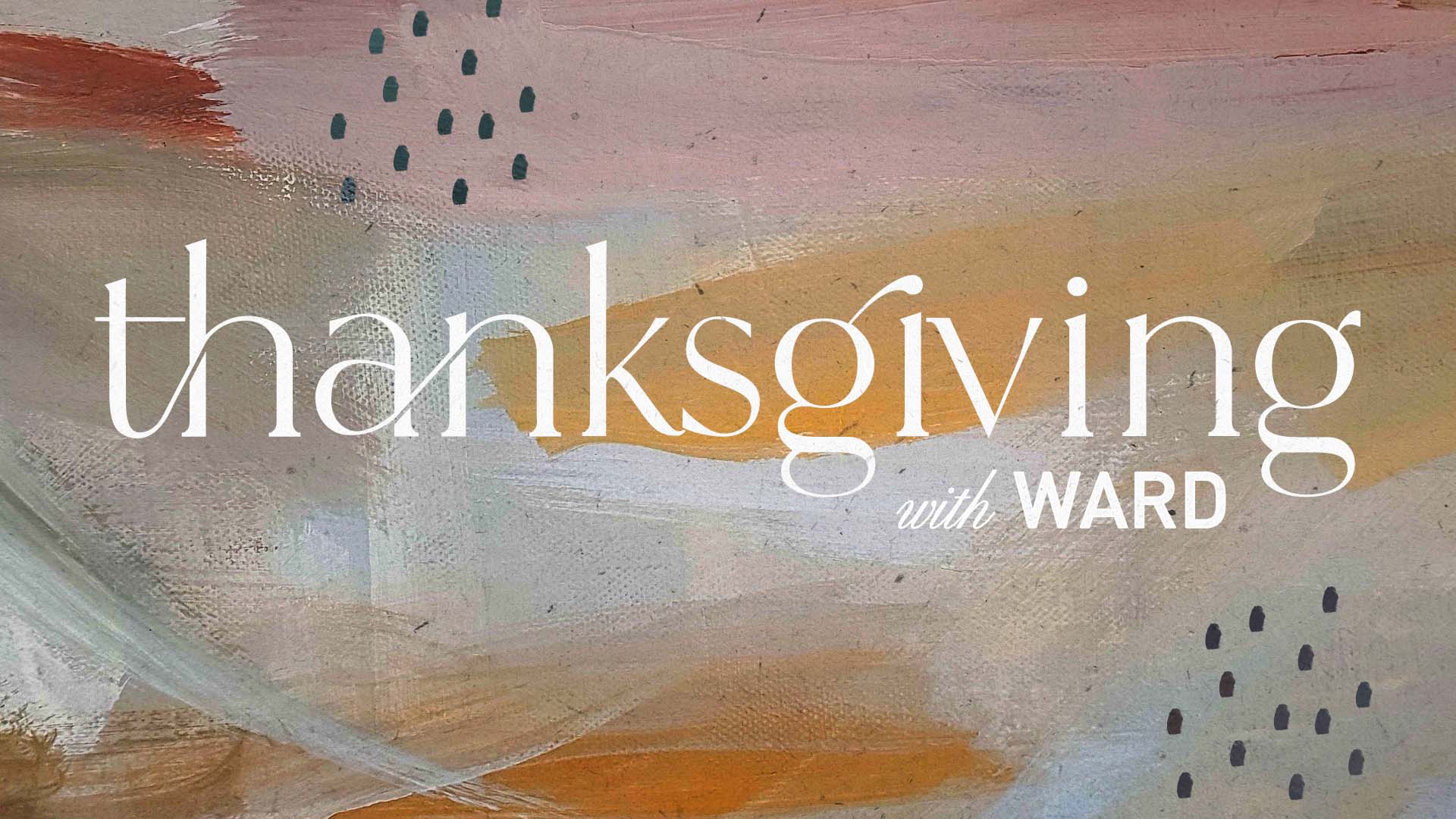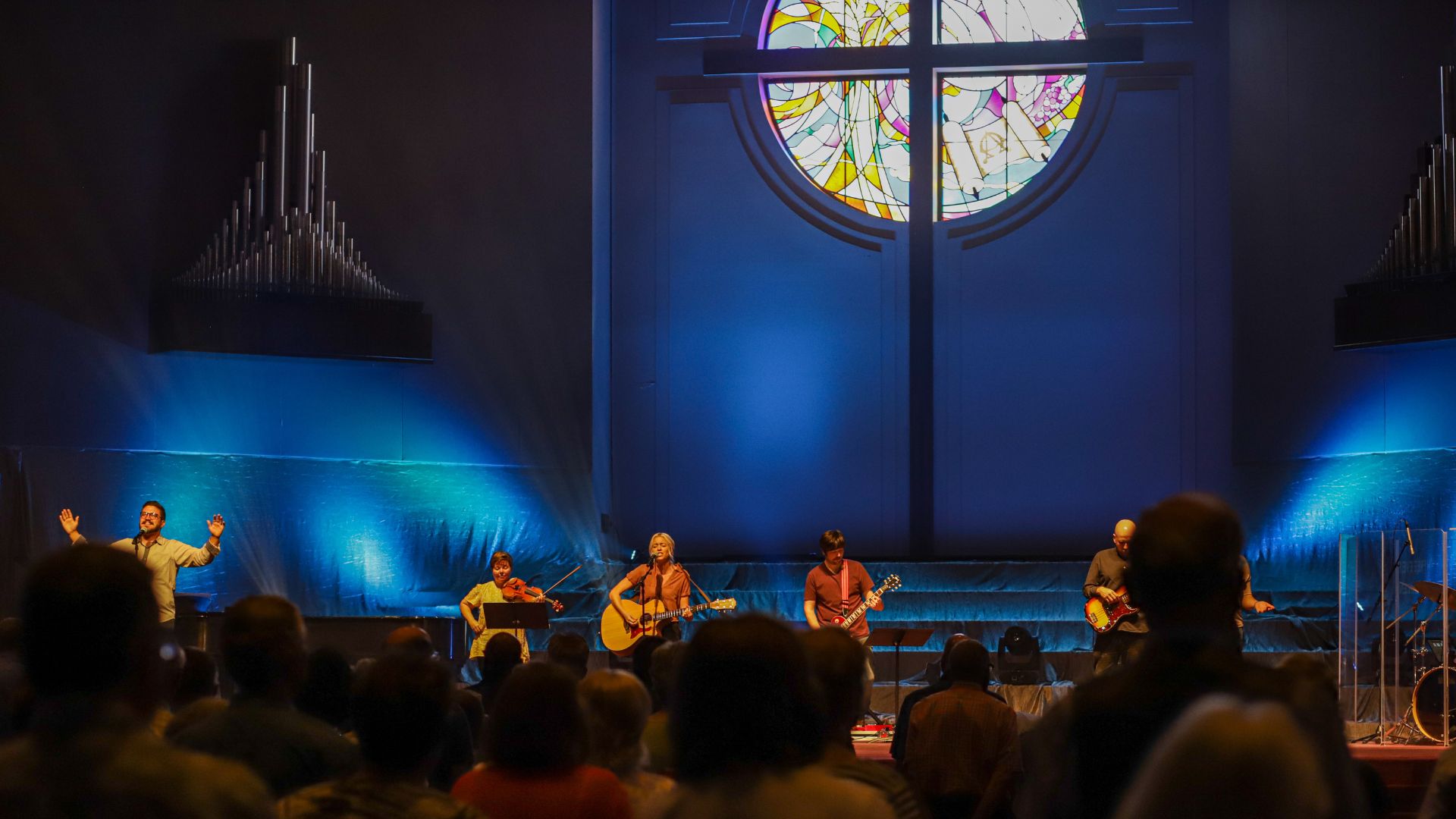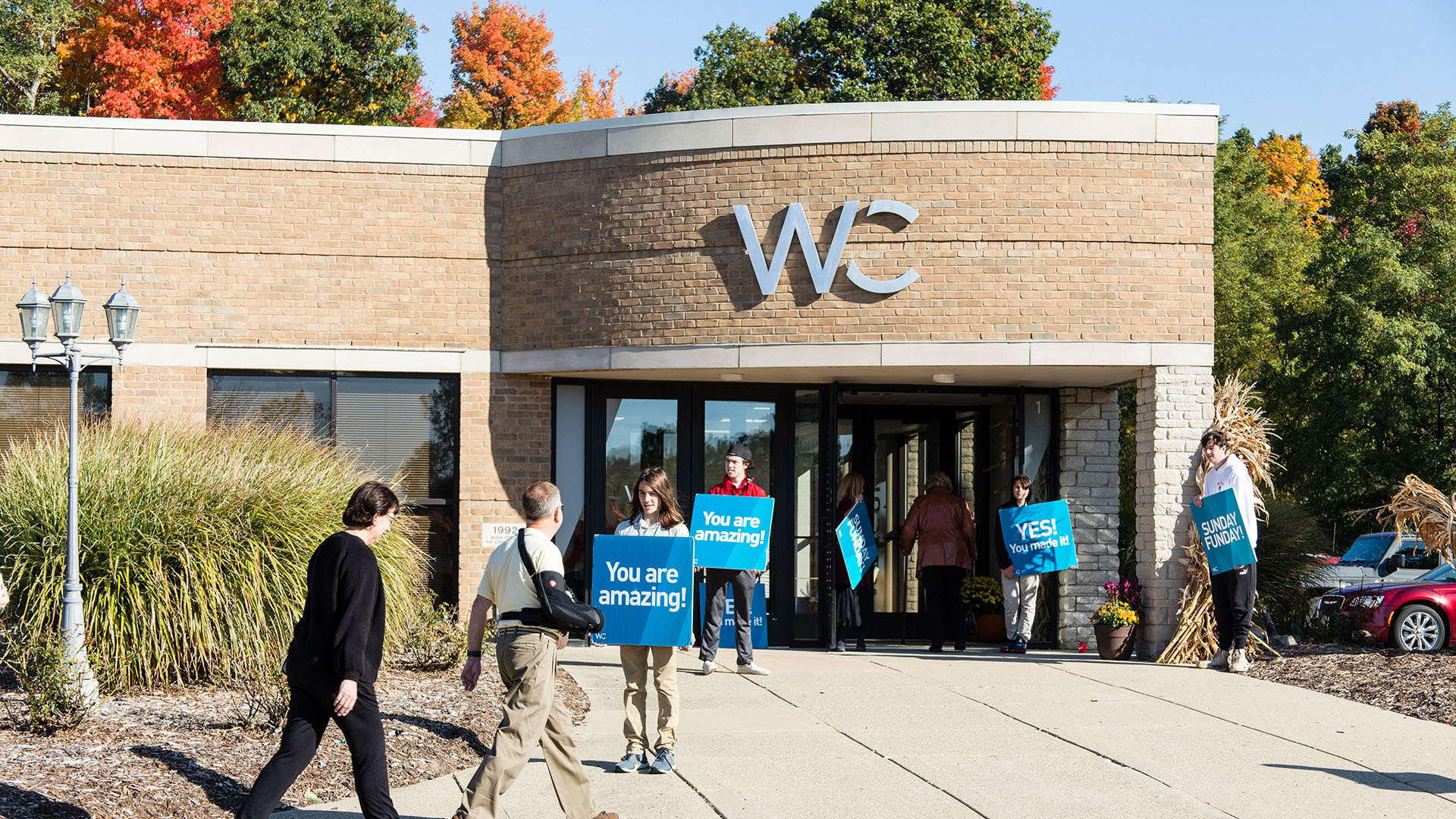
This morning, I taught about the meaning of baptism at our church. Our congregation is made up of many church traditions and, therefore, many different baptismal backgrounds. The common ground on which we agree: Baptism is a rich and important symbol of the Christian life!
I’d love to hear your story of baptism and how you have come to understand and appreciate this ancient sacrament.
The baptism question I am most frequently asked pertains to infant baptism. As you know, some churches (like ours) offer baptism to infants of believing adults, and some limit baptism to believers only. The arguments on both sides are many.
I thought today I would pass on a “Frequently Asked Questions about Infant Baptism” document that I prepared for parents presenting their children for baptism or dedication.
Learn more about Ward’s Vision and Beliefs.
INFANT BAPTISM
Frequently Asked Questions
What is baptism?
Baptism is a sign and symbol that marks someone as part of God’s covenant community.
From the EPC Book Of Worship (3.2):
Baptism is a sacrament of the New Testament, ordained by Jesus Christ. By the act of baptism, a person becomes a part of the visible Church, for it is a sign and a seal of the Covenant of Grace for believers and their children. As a sign it proclaims God’s forgiveness and our redemption in Jesus Christ. As a seal, God marks us as adopted children of our heavenly Father. It indicates our ingrafting into Christ, our rebirth, the remission of sins, and our ability by the power of the Spirit to walk in newness of life.
Who can receive baptism?
We practice the baptism of people who have professed faith in Jesus Christ as Savior and have promised to be obedient to Him, along with the infants of one or both believing parents. Also, those who have legal responsibility for an infant have the right to present the child for baptism.
Does baptism “save” my child?
Only God saves people. Baptism is a symbol of grace. When your child is older, he or she must claim Jesus Christ as savior and Lord on their own accord.
Do I need to be a member of Ward Church to have my infant baptized?
Ordinarily, yes. Baptism marks your child as part of the community of God. Normally, one or both parents become members of the church before presenting children for baptism. Exceptions are sometimes granted to parents who are in the process of pursuing membership or who have extenuating circumstances.
How soon should I have my baby baptized?
Parents should present their children for baptism without undue haste or unnecessary delay. Most babies baptized are between two and twelve months old. It is rare to administer infant baptism to children over two years of age.
What happens at infant baptism?
A. Parents make a commitment to reaffirm their faith in Jesus Christ, to nurture their children in the church, and to lead their children to accept Jesus Christ as Lord and Savior, profess faith openly, and lead a Christian life.
B. The Congregation makes a commitment to live like Christ before these children, to surround them with steadfast love, and play a role in bringing them to faith in Jesus Christ.
C. God makes as commitment to be their God (Genesis 17:7, 10-12). He marks the child (in a covenant way), and that child becomes a part of the family of God in the same way that an eight-day-old Jewish boy was circumcised and considered a Jew even though he had not yet professed faith in Yahweh (Colossians 2:11-12).
What does NOT happen at infant baptism?
A. The infant is not granted spiritual salvation.
B. The parents are not released from the responsibilities of doing everything possible to bring that child to faith in Jesus Christ.
C. The infant is not freed from the necessity of one day making a decision to accept and follow Jesus Christ when he or she is old enough to make that decision.
Does infant baptism involve Godparents?
Some church traditions recognize “Godparents” who assume responsibility along with the parents for the spiritual life of the child. At Ward Church, the entire congregation commits to the spiritual nurture of the child and as such, stands in the traditional role of Godparents. Therefore, Godparents are ordinarily not used at infant baptisms. However, it is permitted, though not customary, to have close friends or family members stand with and in support of the parents at baptism.
What is the difference between infant “baptism” and infant “dedication”?
In practice, baptism and dedication are quite similar. In both acts, the parents make a commitment to raise the child in the faith and the congregation makes a commitment to the spiritual nurture of the child. In baptism, water is used. In a dedication, no water is used.
There is a significant difference, however, in symbolic meaning. Dedication is a human act in which parents, with the support of the congregation, dedicate their child to God. The action is a human action, albeit a very important one. Baptism, on the other hand, is primarily a symbol of divine action. God reaches, claims, loves, and initiates. In baptism, we celebrate God’s role in salvation. In baptism, God is the principle promise maker.
A simple way to state the difference is that dedication is a symbol of human commitment; baptism is a symbol of divine commitment.
Can I have my child dedicated instead of baptized?
Yes. If after learning about the meaning of infant baptism, you prefer to have your child wait until he or she is older and can make their own decision to be baptized, we will arrange an infant dedication. The decision to baptize or dedicate is left to the parents.
If my child is baptized as an infant, should they be re-baptized when they are older?
It is necessary only to be baptized once. There is “one Lord, one faith, one baptism” (Ephesians 4:5). Because baptism is a sign of God’s faithfulness, not the faithfulness of the one being baptized, re-baptism is never necessary.
What is the process for baptizing adults?
Adults who have placed their faith in Jesus Christ and have never been baptized are baptized when they join the church as members. Membership classes are offered four or five times a year.
How do I schedule a baptism?
Watch the bulletin for baptism classes and special baptism Sundays or contact the pastoral care office.





